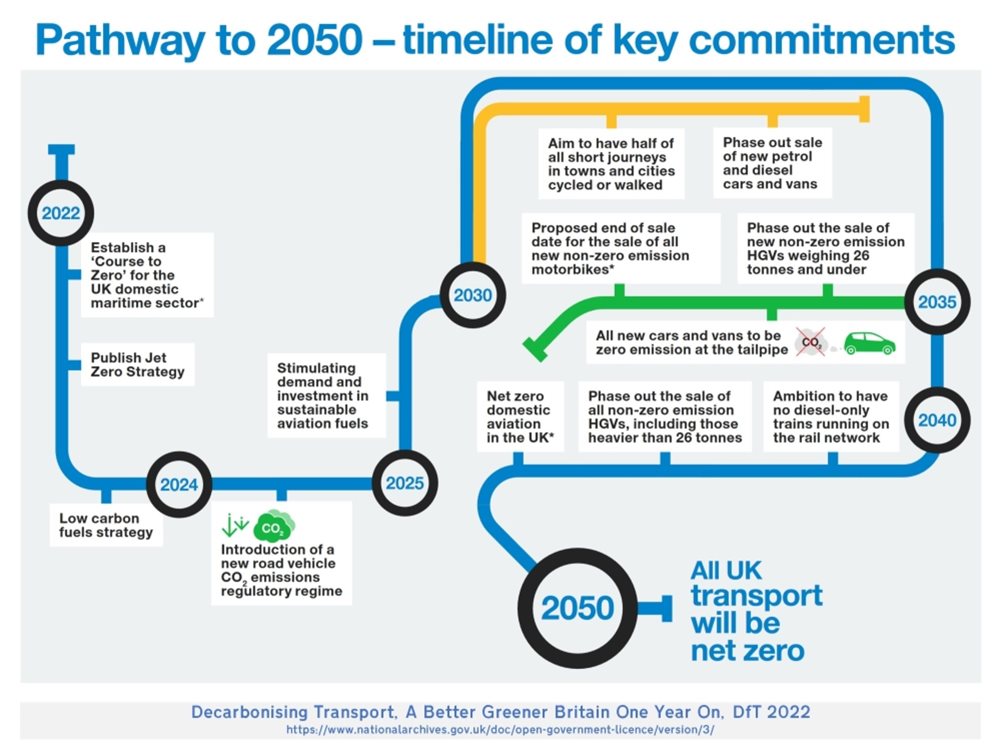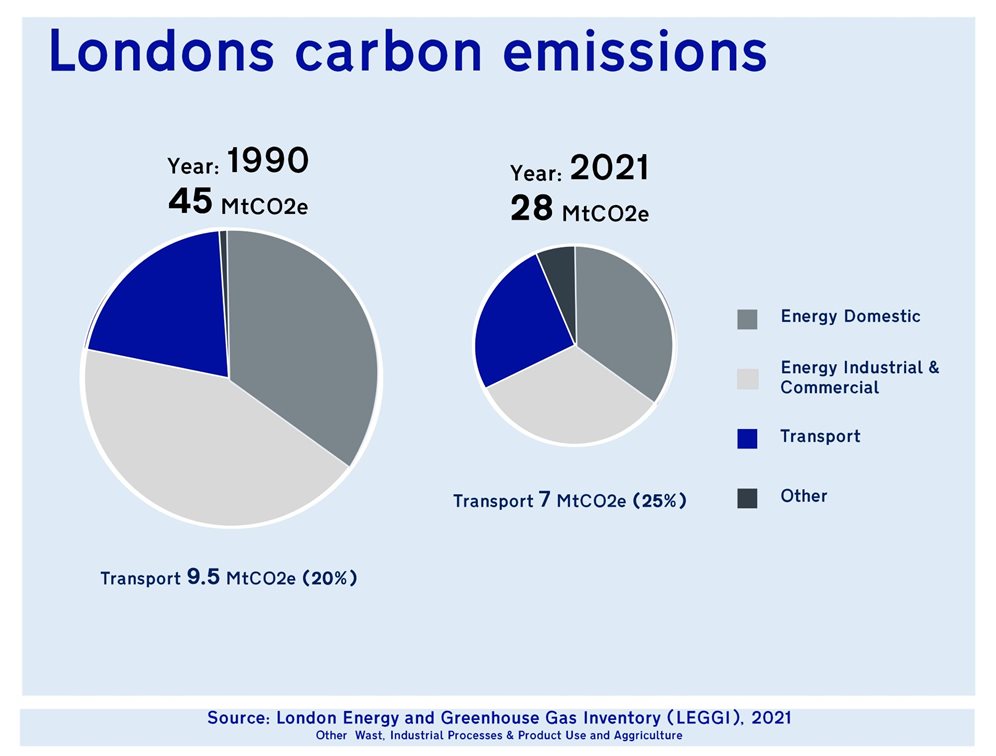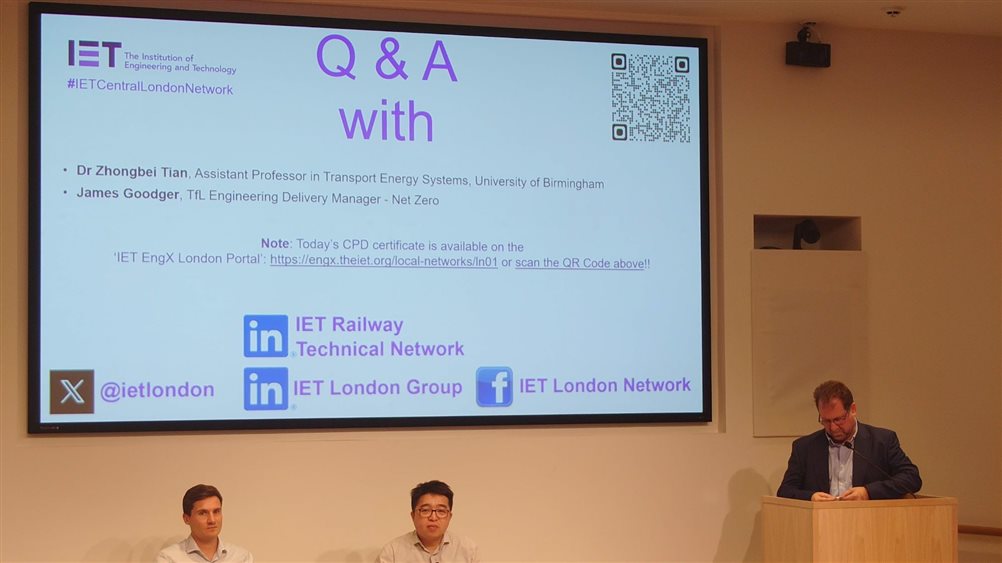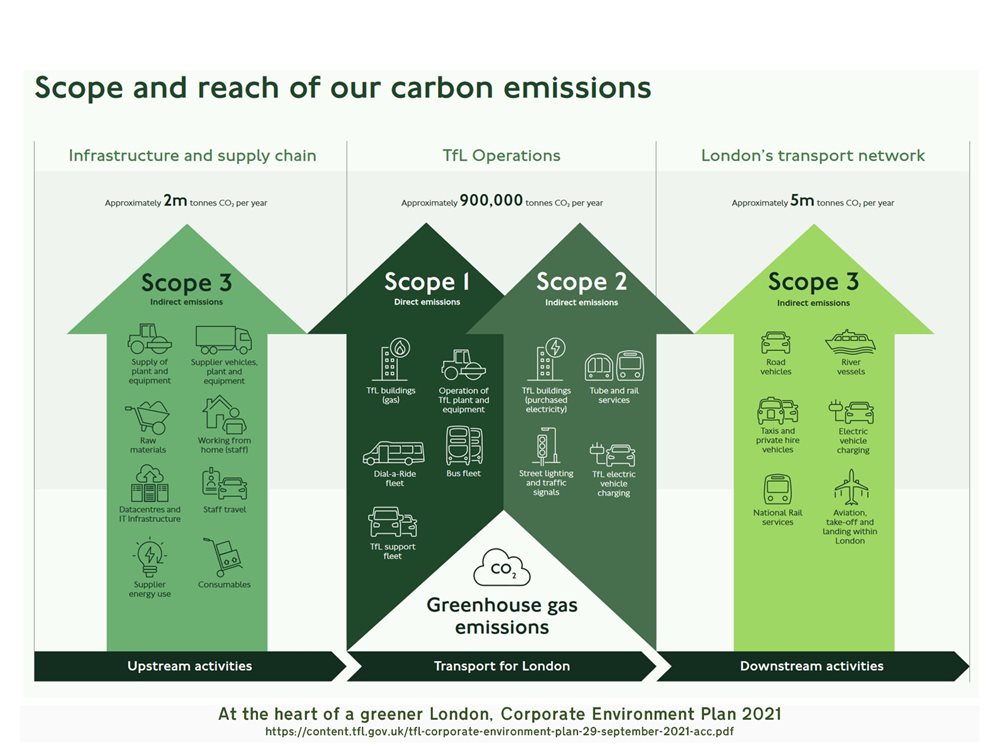Do we let our own personal experiences influence our enthusiasm for Green initiatives?
The April IET Central London Network evening lecture was presented in concert with our colleagues from the IET Railway Technical Network and featured two guest speakers on the topic of Rail Decarbonisation.
Our first speaker was Dr Zhongbei Tian from The Birmingham Centre for Railway Research and Education (BCRRE). Zhongbei is currently one of 160 researchers in the Centre of Excellence in Rail Decarbonisation working to support the requirement for the UK to achieve Net Zero emissions by 2050.

Currently transport makes up around one quarter of UK domestic greenhouse gas emissions and amongst the various milestones is the ambition to have no diesel only trains running on the UK rail network by 2040. Zhongbei explained the challenges associated with his research, including producing operational strategies for multimodal transportation systems and the impact on the quality of the energy supply due to a rapid adoption of transport electrification. BCCRE are exploring several technologies as part of their research including creating a Digital Twin to simulate and analyse power flows & fault conditions and optimisation technologies to improve the way the train is timetabled and driven (including Driver Advisory Systems). Combined these should deliver close to 20% power consumption efficiencies.
As a fan of Digital Twin technologies, I will certainly be heading to the Birmingham University website to learn more!
Our second speaker was James Goodger Transport for London Engineering Delivery Manager – Net Zero. James has a background as an Electrical and Mechanical engineer in TfL’s major projects and renewals department. He now leads the engineering team responsible for developing decarbonisation projects to meet TfL’s Net Zero targets.

Carbon emissions from transport has dropped in absolute terms between 1990 and 2021 but increased in relative terms from 20% to 25% of total emissions. James and his engineering colleagues are part of a multi disciplinary approach led by the Engineering Discipline and the Corporate Environment function. The aim in these times of limited budgets is to be lean and agile, avoiding over regulation and undue process to deliver accelerated projects.
TfL has identified the scope and reach of their carbon emissions, and achievements so far include making 14% of London Buses (1300 vehicles) zero emissions. James has a focus on operational carbon - scope 1 and scope 2 – and he provided the audience with details of some of his workstreams:
#1 Bus Garage Power: exploring ways to reduce power consumption in depots by connecting them to the LU supply.
#2 Bunhill phase 2: Using waste heat from Tube lines to provide heating to 3100 homes through waste heat recovery.
#3 Bi-Directional Invertors. Modern trains have the ability to return power to the traction supply network through re-generative braking. The London Underground is a DC railway, and the network supply is AC. James’s team are exploring the use of Invertors and a trial has proved that the capital expenditure can be recovered in 2 years. An additional benefit is a reduction of waste heat in tunnels.
#4 Regenerative Braking Voltages. The Central Line trains are being fitted with new, more efficient, traction motors as part of an improvement project. These new traction motors operate at a different voltage to the older items so the lineside infrastructure has to be upgraded to remain compatible. Whilst not obviously a decarbonisation project the efficiency of the new traction motors and the ability to use regenerative braking means that waste heat expelled into the tunnels is reduced.
Both speakers were well received, and the audience asked some fairly probing questions to which Zhongbei and James provided comprehensive answers. We then retired to the Members Rooms for a networking reception, and it is here that I began to wonder about the question posed at the start of this blog. The hot (!) topic of conversation was how hot the London Underground gets in summer, particularly the Central Line. There are even rail enthusiast videos on this subject. Naturally, everyone welcomed the workstream to recover waste heat from tunnels, hoping the concept would be expanded to cover the entire sub-surface network. Were we letting our own personal experiences prioritise one cool project over a whole bunch of equally worthy initiatives?

